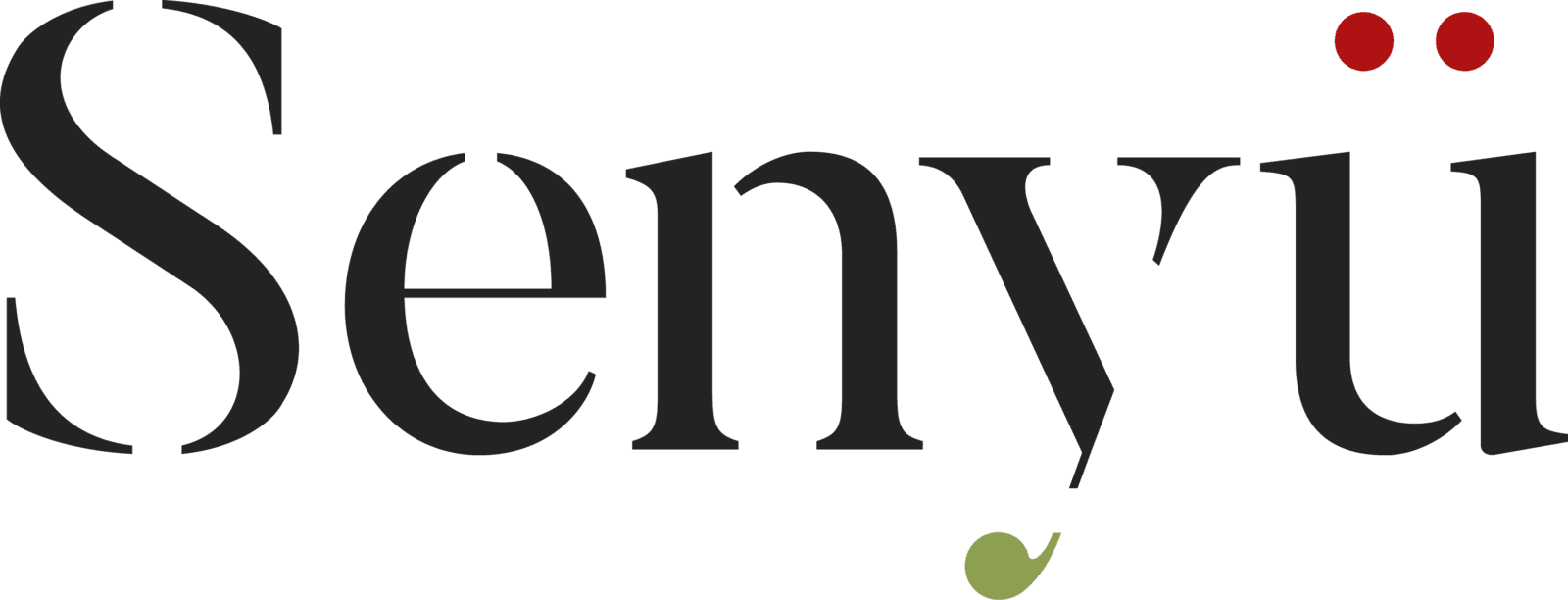Sustainability Policy
Senyü is committed to sustaining authentic Northeast Indian craft heritage. These are skills handed down through generations, and the craft products are created with care, embracing a slow and environmentally sustainable approach. Senyü partners with artisans from Northeast India to preserve their traditional crafts by offering them platforms to showcase their work and ensuring fair, dignified wages. This empowers artisans and their families to thrive, rather than just survive. Senyü is driven by transparency, sustainability, and the empowerment of these skilled communities.
Our Principles:
We believe that personal relationships and a deep understanding of our supply chain are essential to upholding our founding values. Fair trading empowers our supply partners to build a sustainable future, fostering business growth and creating lasting employment. We prioritize equitable partnerships with craft producers to ensure the shortest supply chain, allowing artisans to receive fair and sustainable incomes for their skilled work. Recognizing that craft practices are deeply intertwined with culture, society, and identity, we are committed to nurturing respectful relationships that sustain these traditions for future generations.
Our Products:
Senyü’s products are thoughtfully crafted using natural materials, sustainable dyes, and traditional techniques, all while minimizing their carbon footprint. We evaluate the sustainability of each product by carefully considering the raw materials and the production processes involved. Our commitment to biodiversity drives us to work with natural materials and renewable crops like jute, bamboo, and river grass these are plants that thrive without pesticides and require minimal water and management before harvesting. All our Naga handloom textiles are woven on a traditional loin loom that requires no energy. Every Naga weaver is a woman from Nagaland, using the backstrap loom, a symbol of deep cultural heritage. We prioritize working with handloom textiles dyed with Azo-free dyes, which are far more sustainable and safer for both the environment and artisans, avoiding the harmful and carcinogenic effects of Azo dyes. Our silk products from Assam are crafted from Eri and Muga silk, known as “peace silk” because their production process allows silkworms to complete their life cycle without harm.
Ethical:
We collaborate with individual crafters, independent businesses, cooperatives, and NGOs to create economic opportunities for artisan weavers and help younger generations sustain their craft heritage. We view our makers and suppliers as equals, fostering open communication and mutual respect. Our partnerships are built on trust, with deep, direct personal relationships. We prioritize working with makers and organizations that align with our long-term vision. Before establishing any partnership, we take the time to understand their values and processes to ensure a strong, sustainable business relationship.
The Craft:
Each of our products represents the delicate culmination of contemporary style and ancient techniques, crafted by skilled artisans who inherit their practices through generations. Our offerings include traditional handloom weaving, sustainable silk rearing, jewellery making, basket weaving, bamboo carpentry, and pottery. These production methods prioritize sustainability, as our suppliers use natural, eco-friendly materials, promote local production and fair-trade practices, reduce waste, and support artisan livelihoods and communities.
Our Challenges, Goals, and Ambitions:
As a startup on a sustainable journey, navigating the complexities of ethical and sustainable fashion is a challenge. We are committed to addressing these challenges by setting conscious trading targets from the outset. Our ambition is to achieve B-Corp certification, and we are actively working towards this goal.
Shipments:
As a new business, we recognize the flaws in our supply chain, particularly concerning air transport. We are committed to adopting more sustainable practices as Senyü grows, prioritizing sea transport to improve profitability and long-term viability.
Packaging:
We are committed to eliminating plastic, polystyrene, and bubble wrap from our packaging. Instead, we use sustainable alternatives, such as mailing bags made from sugar cane, which is considered the greenest material on the market. This fully recyclable, 50-micron material offers the same strength and quality as traditional oil-derived polythene while being carbon neutral, offsetting the carbon emissions produced during manufacturing and transport. We also wrap our products in tissue paper instead of plastic before placing them in the sugar cane mailing bags, ensuring an environmentally friendly packaging solution that can be re-used and recycled like any other recyclable product. All our packaging comes from carbon-neutral certified Kite Packaging Ltd and their environmental packaging line.
